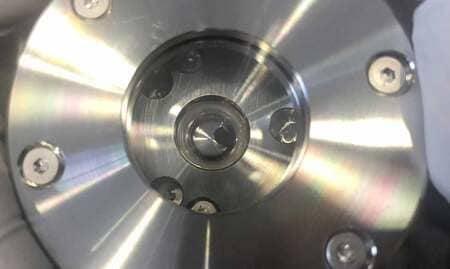The Japanese space probe, Hayabusa2, has discovered a significant amount of water on asteroid Ryugu, a celestial body considered the 'parent' of meteorites falling to Earth. This amazing discovery was announced by the Japan Aerospace Exploration Agency (JAXA) and indicates a strong likelihood that our own planet originally received its water from asteroid impacts. The results, a major breakthrough in understanding the planetary formation, rose many questions about life’s beginnings, given that water is one of the key elements of life.
Japan has a strong interest in space exploration, and discoveries such as this one receive great attention from both the scientific community and the general public. JAXA's successful exploration and research into Ryugu reinforce Japan's position as a major player in space science. Ethically, Japan respects international agreements on space exploration, and legally, it follows strict rules against the militarization of space.
Like Japan, the US and EU also participate in space exploration, each having their own ongoing missions and objectives. NASA in the US and the European Space Agency (ESA) are counterparts to JAXA. The discovery of water on celestial bodies likes Mars or Moon by these agencies has always generated significant interest, with far-reaching implications for our understanding of life in the universe.

